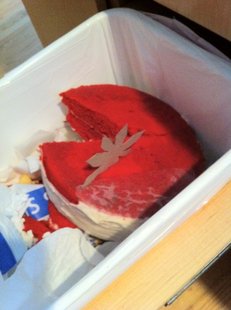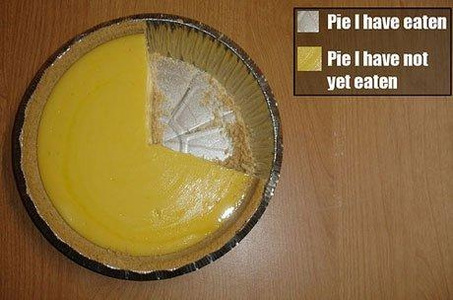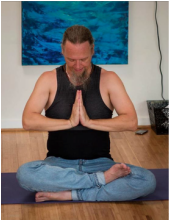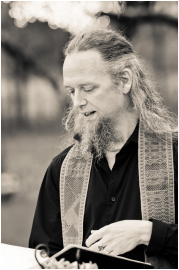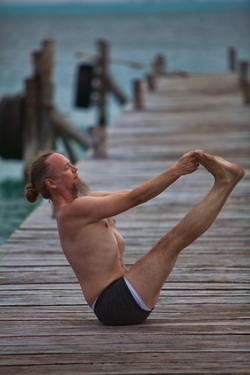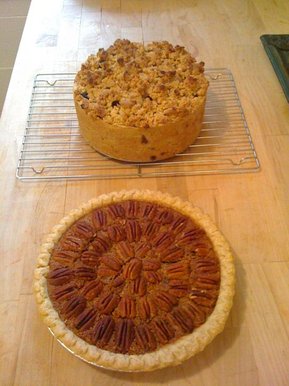
Sure, there are a lot of days we want to practice balance, but we just don't have it; we seek a vigorous practice, just to find that the body is unwilling, or we seek contemplation and the find the mind is unwilling to simply let go.
I like to start my practices with a period of time that is about observation, exploration and analysis. Just on the verge of judgement, but analysis that rings of discernment, not simply right or wrong.
You've slept or eaten poorly and feel sluggish or congested; you've got a little bit of allergies and they are throwing your balance off; you want to be stronger than you are. This information is what we get confronted with in the initial parts of the practice. And, it is up to us to honor what presents as firm limitation, to explore the boundaries of those limitations we understand are mutable, and to push where we can in the appropriate fashion.
A good practice is more of 'what we need' than 'what we want'. For many of us, that is why the public class and the teacher are so invaluable. They are an accountability system that encourages us to really show up in the practice. However, show up, don't show off!
So, what would you like to see happen any given day?? Well, let go of that! What have you got to work with on that particular day, in that moment and form, in that spirit and that environment? It will change, from moment to moment and practice to practice. Our role as the yogi is to be engaged in that process of change and to honor what serves the energy at the moment.
I was thinking of it like this, today (and I give myself away on this). A good asana practice is like an episode of CHOPPED. You show up, you've got the workspace, you've got the time, and you've got all this training and practice and background and passion and presence. Then, you get to open that basket - and all of the sudden, you've got some shite you simply weren't expecting, that you don't want to work with, that you find yourself judgmental of, and that you must face up to the challenge and engage with if you are to 'move forward'.
Luckily, you won't be judged, unless of course you internalize that. But you will be challenged, and pissed, or maybe bemused and perhaps once or twice delighted and amused. It will be what it is, right then. You preparation and prior practices will inform your present, but not control it. Doesn't matter how many times you've busted out a perfect float-forward; on that mat, at that time, in that space, you get what you get.
And, the wonder of it is, the 'ingredients' don't even have to follow the analogy completely - you don't have to be confronted with jelly beans, or quince paste, or duck livers, or celery soda. You can come with the same ingredients to every practice and at one point make scrambled eggs, at one point an omelette, at one point a soufflé and another, just a hard-boiled egg. Same cook, same kitchen same ingredients, different meal!!
Cooking, it's a good analogy... you've got to light a fire, and get to that heat. Not enough heat: no chemistry and no benefit to the combined ingredients. Too much heat and we fry or dry or burn rather than cook. Mindfullness is the basic skill, knowing, observing and adjusting - doesn't it take longer to bake at higher altitude or in more humid conditions? A great chef is in the process of micro-adjusting all of the time, and using what is in the pantry, not wishing for, but rather adapting to.
Surprise yourself, take the initial part of the practice to scan the pantry, to see what ingredients have come today. Then, observe the environment and notice what effect that might have on the 'batter'. Mix well, let rise and let set, then bake as appropriate, not afraid of the fire, but not ignorant of it, either.
Maybe you won't get a cookie, but maybe you'll get a really nice slice of bread... and someday, you might come in just looking for a biscuit and end up eating poundcake... Same ingredients, same baker, different day!
Give thanks and praise, mix it up, and get baked!!
